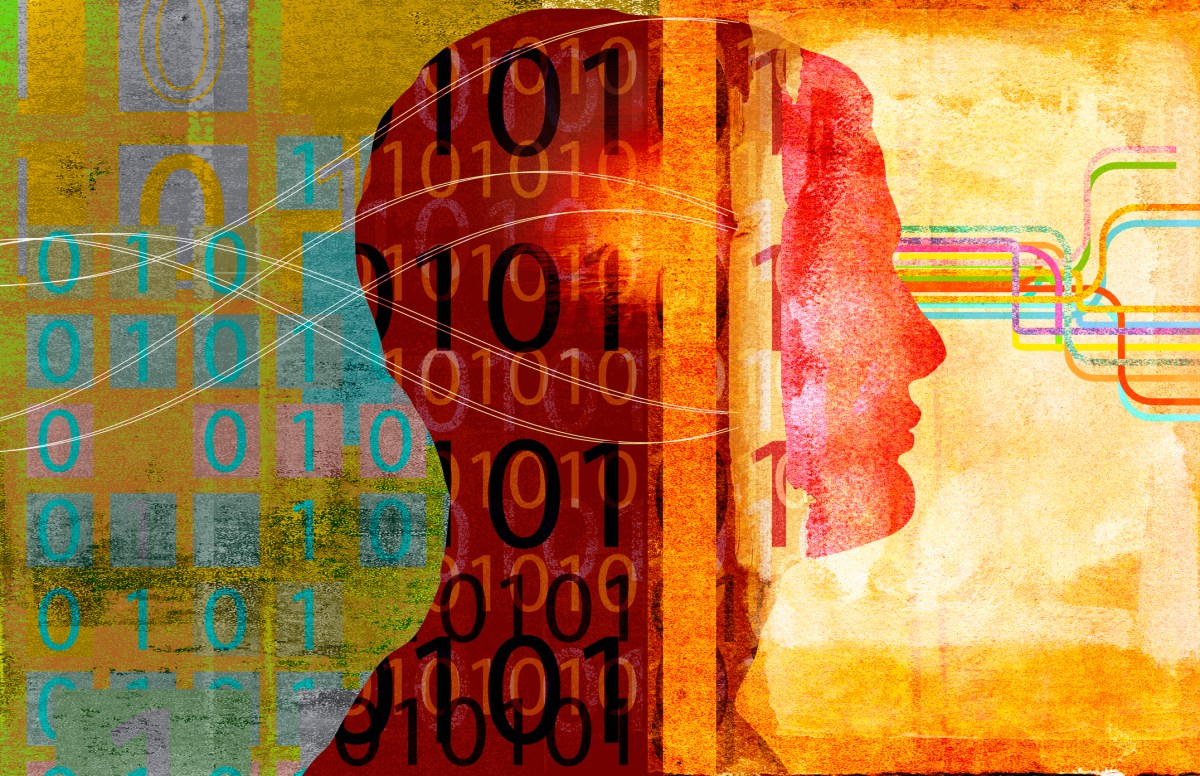OpenAI co-founder John Schulman has left the company for rival AI startup Anthropic. In addition, OpenAI co-founder and president Greg Brockman is taking an extended leave after nine years at the company to “relax and recharge.” Schulman said his decision stemmed from a desire to deepen his focus on AI alignment — the science of […]
© 2024 TechCrunch. All rights reserved. For personal use only.
OpenAI co-founder John Schulman has left the company for rival AI startup Anthropic. In addition, OpenAI co-founder and president Greg Brockman is taking an extended leave after nine years at the company to “relax and recharge.” Schulman said his decision stemmed from a desire to deepen his focus on AI alignment — the science of ensuring AI behaves as intended — and engage in more hands-on technical work.
Google was found to have acted illegally to maintain a monopoly in online search. The U.S. District Court decision, should it stand, is a major defeat for Google that could change the structure of the internet as we know it. The ruling alleges that Google abused its monopoly power over the search business in part by paying companies like Apple to present its search engine as the default choice on their devices and web browsers. Google, naturally, says it will appeal.
X filed an antitrust lawsuit against the Global Alliance for Responsible Media (GARM) and the World Federation of Advertisers (WFA). X CEO Linda Yaccarino accused the organizations of a “systematic illegal boycott” of the platform. GARM was founded to “help the industry address the challenge of illegal or harmful content on digital media platforms and its monetization via advertising.” Following the lawsuit, the WFA said it is “discontinuing” GARM’s operations.
This is TechCrunch’s Week in Review — where we recap the week’s biggest news. Want this delivered as a newsletter to your inbox every Saturday? Sign up here.
Image Credits: Google
RIP, Chromecast: Google unveiled its latest set-top streaming box, Google TV Streamer, which will mark the end of its Chromecast line. Chromecast sold more than 100 million units over an 11-year period. Read more
OpenAI goes on the road: OpenAI is taking DevDay to San Francisco, London and Singapore this fall as part of a series of on-the-road developer engagement sessions. But don’t expect a GPT-5 announcement. Read more
Rivian lost $1.46 billion in revenue: Rivian announced it lost $1.46 billion in Q2 of 2024, up from a $1.45 billion loss in Q1. The loss was nearly $300 million worse than the second quarter last year. Read more
Instagram embraces the photo dump: Prepare to see longer mood boards and meme dumps on Instagram. The social media app is rolling out a feature that lets you add up to 20 photos or videos to your carousel posts. Read more
Lyft tackles surge pricing: The ride-share app will pilot a feature that lets riders cap the price of a route at a specific time through a subscription. It’s part of Lyft’s broader plan to “open up a can of whoop ass” on surge pricing. Read more
OpenAI could catch cheaters: OpenAI says it has a tool that could potentially catch students who cheat using ChatGPT — but the company is reportedly debating whether it should be released. Read more
This robot can play decent table tennis: As part of a newly published paper,Google DeepMind is showing off a robot that is “solidly amateur” at table tennis when pitted against human opponents. Read more
You can only swipe on Thursdays: Thursday wants to shake up online dating. The catch? You can only use the dating app on Thursdays. The company has now launched in San Francisco to combat what people call “swiping fatigue.” Read more
Figure unveils the Figure 02: Figure has announced the successor to its Figure 01 humanoid robot, which features new natural language capabilities thanks to a long-standing partnership with OpenAI. Read more
Airbnb wants to go past short-term rentals: Airbnb CEO Brian Chesky suggested that the company will soon expand into co-hosting, a relaunch of Airbnb’s “experiences,” guest services and more. Read more
Image Credits: AFP
What could the internet look like without Google? An internet without Google Search, Chrome, Gmail and Maps would be a very different place. While there are alternatives to Google’s popular freemium products, it’s not easy to imagine what it would even look like as Google is so thoroughly ingrained into the web. Natasha Lomas explores how breaking up Google could provide an opportunity to remodel the web as we know it. Read more
Amazon is fumbling in India: Quick commerce is increasingly making inroads in India, giving customers access to a range of categories, from grocery to electronics, that they can receive in minutes. So why, then, does it seem like Amazon is ignoring this burgeoning market altogether? As Manish Singh reports, by not seizing a massive opportunity in quick service, Amazon is fumbling a key overseas market for U.S. tech giants. Read more

Leave a Reply